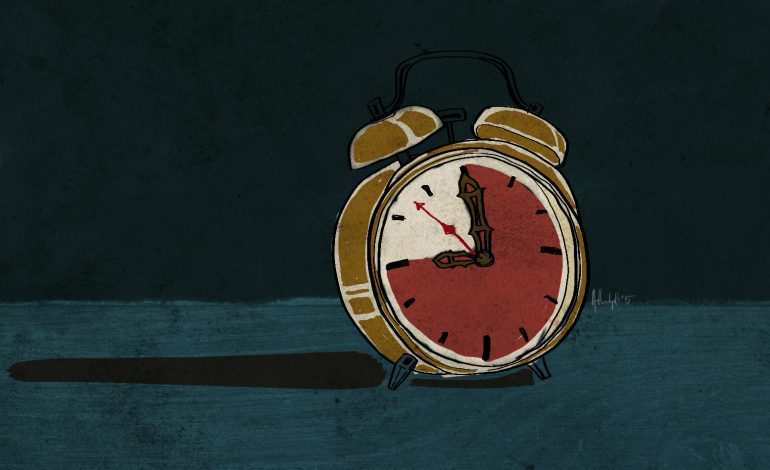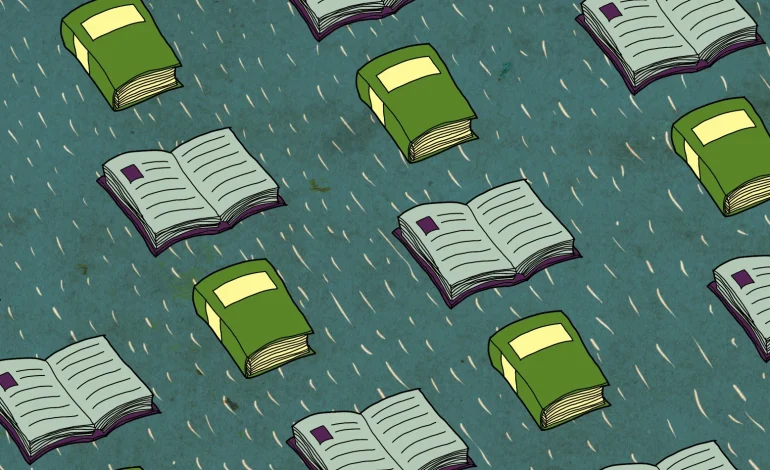The Quarter Life/Love Crisis

Reading old novels and articles have compelled me to anticipate my quarter-life crisis by writing a contemplative piece as a form of self-actualization.
I knew this wouldn’t be easy writing about my grieves while feeling melancholic. In fact, few days ago, I told myself I wouldn’t write anything for the sake of my own happiness. But this crisis has struck me during a work meeting, when I sneaked in some reading of Helen Fisher while typing up the meeting’s minutes. Fisher is an expert in the love research. Her most appealing research to me is the research on brain chemistry and romantic love.
At first, I was perplexed when trying to identify the root of my immense sadness. I have never been a sad person. Sure, there was that one time I told a genuine guy that I was too old for Doraemon, and the next week finding myself crying while watching Stand by Me, still, I consider myself quite a happy person.
I have enough reasons to be happy. I am almost in my mid-twenties with (thank God) great jobs in hand, good grades, precious networks, and notable achievements – things that are beyond my expectation. On paper, I do not fit into the crisis circumstances. But then a quarter-life crisis is not just related to social and financial wellbeing. There are many dimensions of the crisis, from social, financial, mental, health, faith and, yes, love. Mine relates to the latter.
Deep down I always knew that my sadness stemmed from the longing of love and to be loved. But I tend to deny it, because it just sounds too whimsical, if not cheesy. But a research conducted by Fisher has revealed the scientific validity of your-love-is-my-drug pop song. The intense feelings of romantic love affects the brain in the same way drugs like cocaine do. This makes a lot of sense, because my suffering of an unrequited love is getting worse since my brain system has been conspiring to make me fall for this one guy harder than I normally do.
Much to my surprise, it turns out that love exists in the brain, not in the heart, or even the stomach. All the hours spent in high school’s biology class and those romantic movies did not prepare me for this.
When existential crisis escalates into depression some people take antidepressants. These drugs have proven to be effective treatment for depression, but like any other drugs, they come with side effects, too. Fisher explains how these drugs work in a meticulous way, which I would encapsulate as jeopardizing the romantic love system in our brain even more. And there is no instant cure for this kind of illness.
I read an article in my IELTS preparation class that has the same title as Will Smith’s inspiring movie The Pursuit of Happyness. Only this one has correct spelling. One of the studies mentioned in the article showed that instead of working through their sadness, young people tend to medicate themselves. The Americans would grab superficial quick fixes like fatty foods to subdue any negative feelings.
The bottom line is that the research also discourages the use of antidepressants in any form, including taking powerful pain relievers, impulsive buying, or compulsive overeating. It also suggests that the wisest way to cope with unhappiness is simply by getting through it. This explains why Eric Wilson would twist our mind with his renowned synthesis: “The happy man is a hollow man”.
There is no one-size-fits-all solution to this phenomenon, and I firmly believe that the best way is to embrace an existential crisis. Only then can we navigate the emotional waves, find strength, consolidate identities, and create future plans. Only then can we survive and become stronger.
A quarter-life crisis, or in my case, a love crisis to be precise, may not really be depressing after all. This phase of life can be very interesting, a mark of an emerging adulthood, according to Jeffrey Arnett, or, as Meg Jay suggests, the defining decade.
I started to write this during Christmas Eve, five days before my 25th birthday. This was to be my own coping mechanism for my self-diagnosed quarter-life crisis. I feel much better now partly because I managed to finish this piece as my birthday gift and partly because I eventually acknowledged that this too shall pass. For some quarter-life souls out there, hopefully you find at least one thing in this piece useful. And brace yourselves.
Yutirsa is a staff of the Indonesian government think-tank who is passionate about legal, governmental, astronomical, and metaphysical issues. Some of her writings have nothing to do with any of those.






















